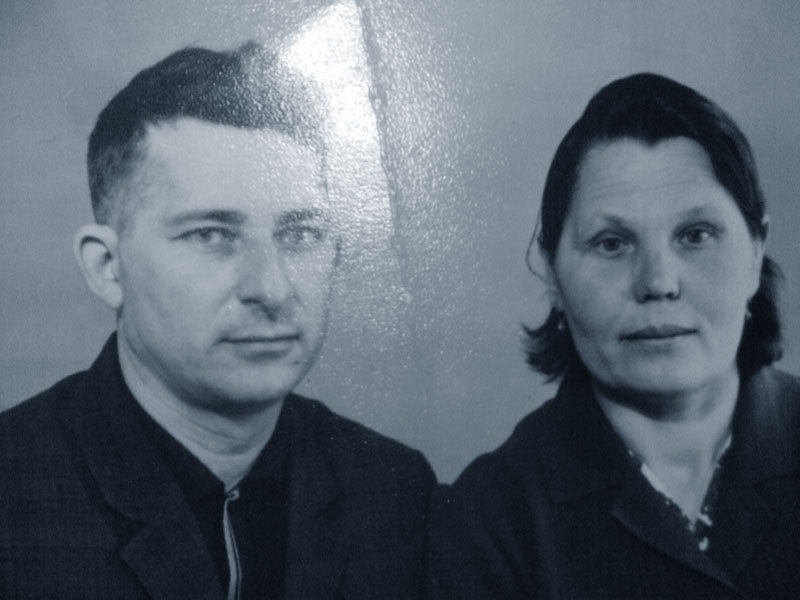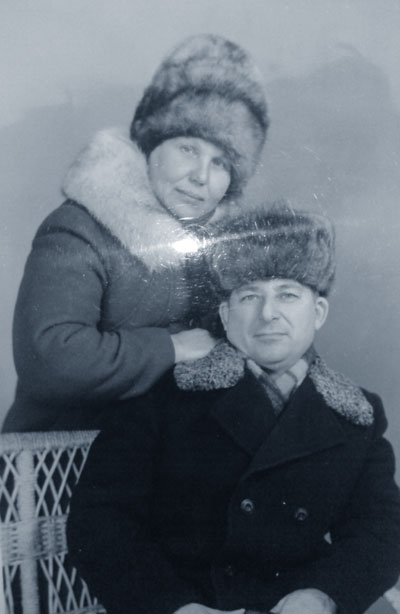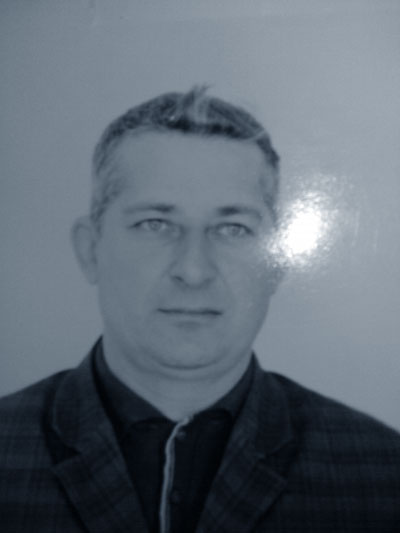









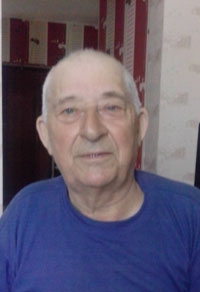 Alexander Heinrichovich (Andreevich) Kaiser was born in 1934.
Alexander Heinrichovich (Andreevich) Kaiser was born in 1934.
He saw the light of day in Saratov,Region, Krasnokut District, in the village of Knanfeld (Gnadenfeld, today Talowka). Parents: Father Heinrich Petrovich Kaiser, Mother Katerina Christianovna Kaiser (maiden name Zeldreich). Alexander Andreevich had three sisters: Polina, Katerina and Emma. Two more children died during childhood. The family lived in a three-room house built of self-made bricks. The furniture mainly consisted of tables and beds, but the most important achievement was a sewing machine. The village houses stood on an estate, which – in classical meaning – did not exist at all. There was no enclosure, and they did not possess any piece of land for own needs. Everybody was working for the kolkhoz farm. They were provided with all necessary food-stuffs. The farm was operated collectively; Alexander Andreevich expressed it this way: they were eagerly building communism. The father was working as head of a brigade, the mother was working on the plantations. He has an especially clear memory of the days when he was bathing in the pond and when the whole village celebrated the 7th of November and everybody was singing songs and dancing.
In 1941, when Alexander Andreevich was seven years old, soldiers came into the village. Preparations took a whole week; then the Kaiser family left their home village as one of the last. Their baggage was made up of clothes, bed linen and foodstuffs. At first they were taken to the station by carriages, afterwards loaded on freight-cars. The people were penned up. They were forced to sleep like spoons, closely side by side. Their meals consisted of the foodstuffs they had taken along – mainly cooked meat and bread. Theft and cases of death did not happen during the trip. Whenever the train stopped (which would sometimes drag on for half a day), Alexander would play with the other children and once hardly managed to go back on board the train in time.
The authorities tried to allocate the arrivals to the villages with other inhabitants of their former settlement. Almost all inhabitants of Gnadenfeld got to Tomilovka; they were mainly relatives – the brothers of Alexander’s father, Vasiliy, Jakob, as well as the Weber and Kembel families, who were placed in houses with smaller families. The locals showed sympathy and comprehension to them. The woman where the Kaisers were supposed to live from now on even made available a separate room for them. At the beginning they had problems with the Russian languages, but they quite quickly settled in, often using, however, their mother-tongue among themselves. In the village there was no school, and they had no means to attend school in the neighboring village, either. Instead, the children worked similarly to the adults. At the age of nine Alexander Andreevich was already pottering about with horse and harrow on the kolkhoz farm. In January 1942 they came for his father; he was mobilized to the labor army in Kansk, where he later died due to unhuman conditions and heavy labor. The mother was not mobilized to the labor army, for the only reason that she had more than three little children. When the father was still alive, they wrote him letters and sent parcels containing tobacco. Until 1955 they had to go and get registered with the commandant’s office once a month.
They used to celebrate festive days in the horse stables together with the local inhabitants. The village did not dispose of a clubhouse, which could have been used for such events. . During one of the feasts Alexander met his wife to-be. He had no ambitions to return to his home village – those who did, later told him that strangers were now leaving in his former childhood home. He does not really deplore what has happened – and considers himself as a Russian.
When you ask people, who witnessed all this, whether they lament those occurrences, you usually expect some sniveling, offended reaction; however, the people utter comprehension for the tantalizers and are even grateful to fate. Probably, ordeals, deprivation and hardship just made them too strong to complain.
The interview was held by Maria and Sophia Shubina.
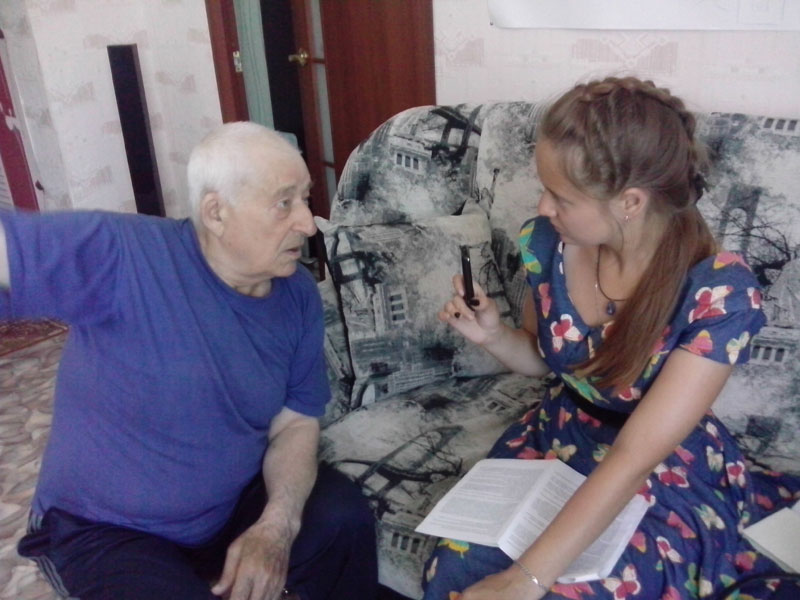
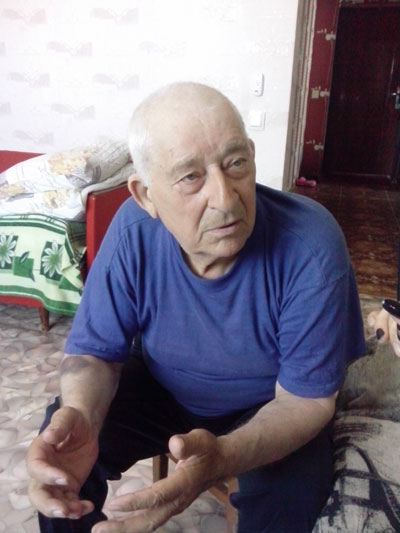
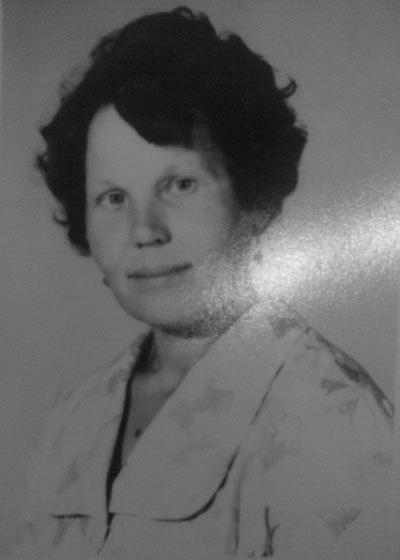
Ehefrau
